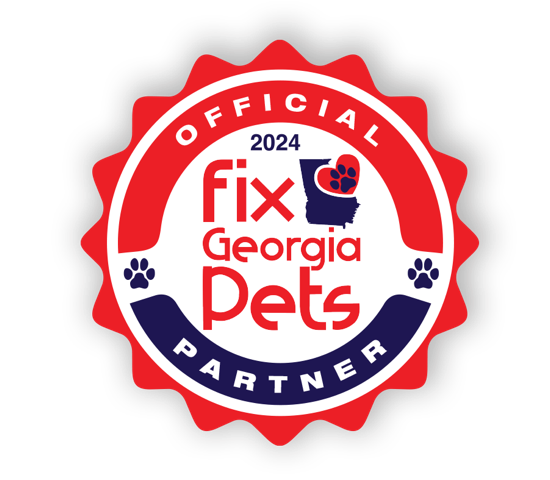The law in Georgia, as well as variations of the law in every state in the country, requires any animal bite that breaks the skin of a person to be held and observed for ten days regardless of the nature of the bite or vaccination status. Vaccinated personal pets maybe permitted to quarantine in their home if it is safe for the people and other animals in the home.
In a shelter environment, bites are to be held at the animal control facility, unless permission is given to the animal shelter to quarantine on site. For LOHS, we often have this option to quarantine at the Center, limiting the number of people coming into contact with the animal even when the breaking of the skin is a result of play or accident.
Why do we do it this way?
Let me first explain a little about how rabies works. Most people are familiar with the “rabid” animal foaming at the mouth, behaving strangely, acting with aggression, but this is the end stage of the virus when the brain and nervous system have been affected with no cure available. Prior to this stage an animal or person could have been exposed to rabies for a long time with no idea they have the virus.
When bitten by an animal with the rabies virus, the virus moves up through the body’s nervous system from the site of the bite working its way to the brain where its effect on the brain and nervous system causes visible signs of the disease. At this time, the victim is said to be “shedding the virus” or contagious and able to transmit it to other victims through the transmission of saliva.
The ten-day observation period lets us determine if the animal is actively shedding the virus, allowing it to spread. Although we have seen a 98% reduction in reported cases in people between 1983 and 2023 with only three cases in 2023, there is still a risk. For an undetectable disease resulting in death once symptoms appear, it’s a risk not worth taking.
If an animal in quarantine would show symptoms during the hold the person bitten and anyone coming into contact with the animal would likely (depending on your individual doctors’ recommendations) need post exposure rabies vaccinations. Having known someone who had to go through post exposure vaccination, it is not something I want any of us to experience!
When working with animals anything can happen – we all know this; the more we can do to minimize accidents, the better for us and the animals.
A note for our LOHS Volunteers:
If you are ever uncertain of an animal or uncomfortable interacting with one, remember that your physical and emotional safety comes first. Never feel like you must put yourself at risk to care for or walk an animal. Let staff or a manager know so that someone more comfortable can help out. Once again, thank you for all you do for LOHS and the animals. We couldn’t do it without you!



